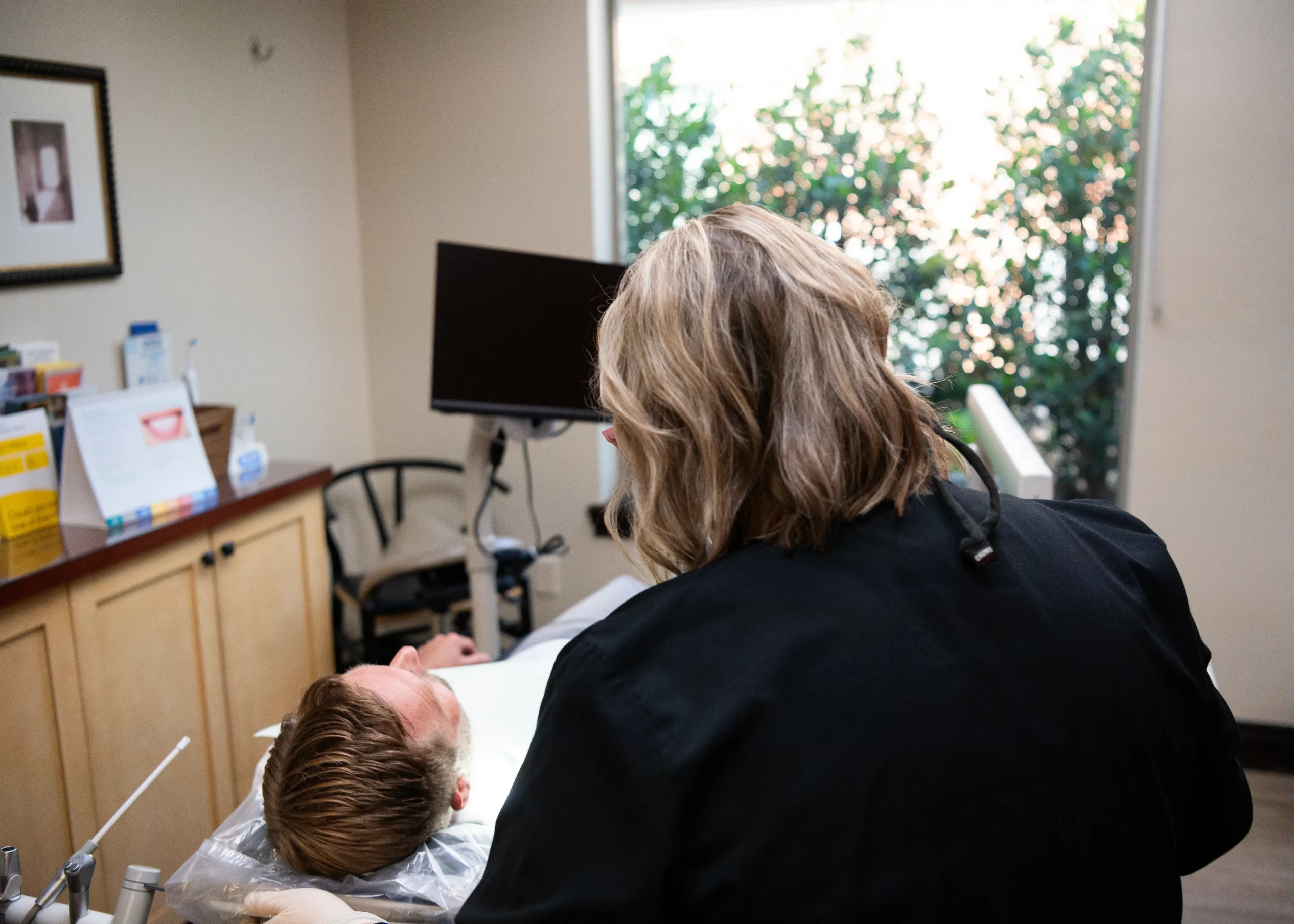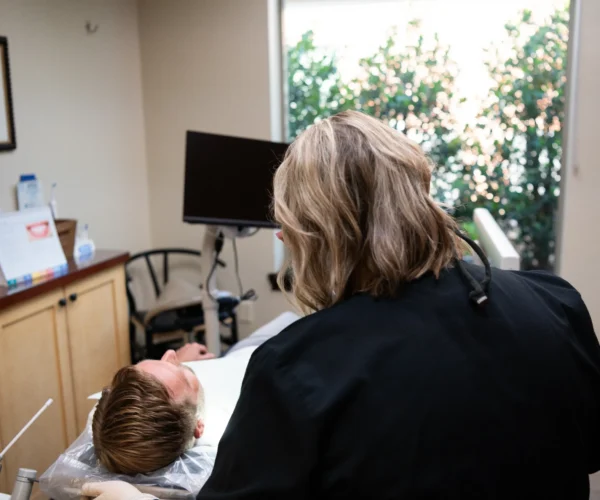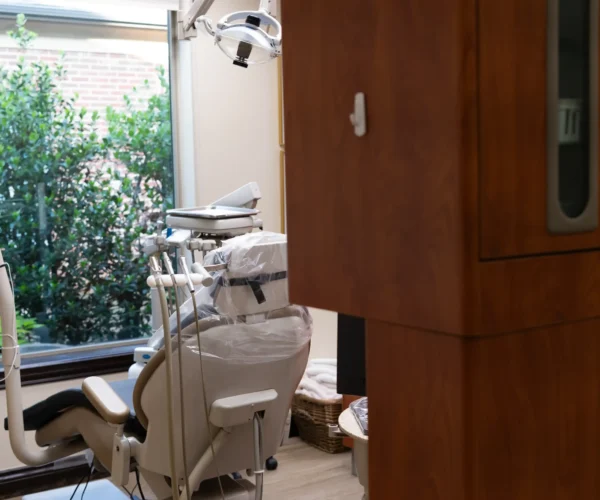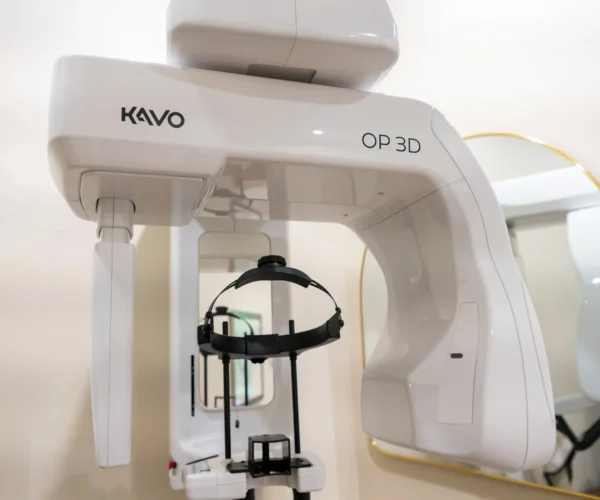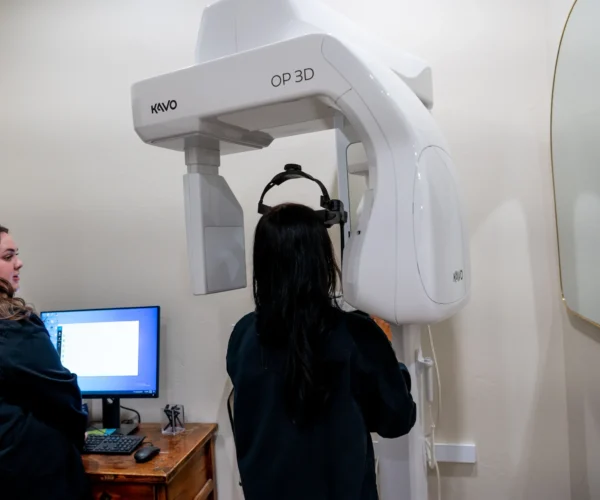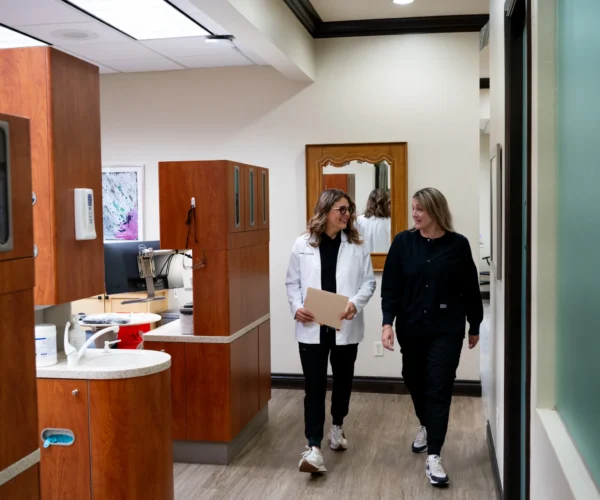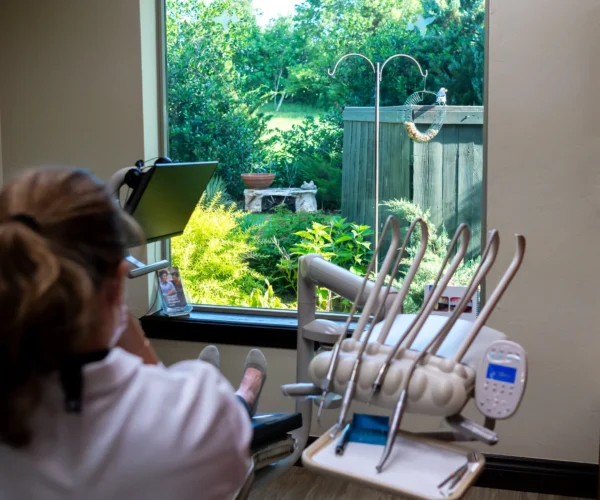Periodontics
Gum disease is very common and can have serious consequences for your health, but it can be prevented by maintaining optimal oral health. However, it’s also important to be aware of the signs and symptoms that indicate this condition is present so that you can act quickly to address it.
There are many treatment options for periodontal disease, but they become more invasive and complex as the disease progresses in severity. Therefore, patients should seek treatment as soon as they notice even the mildest symptoms of gum disease.






